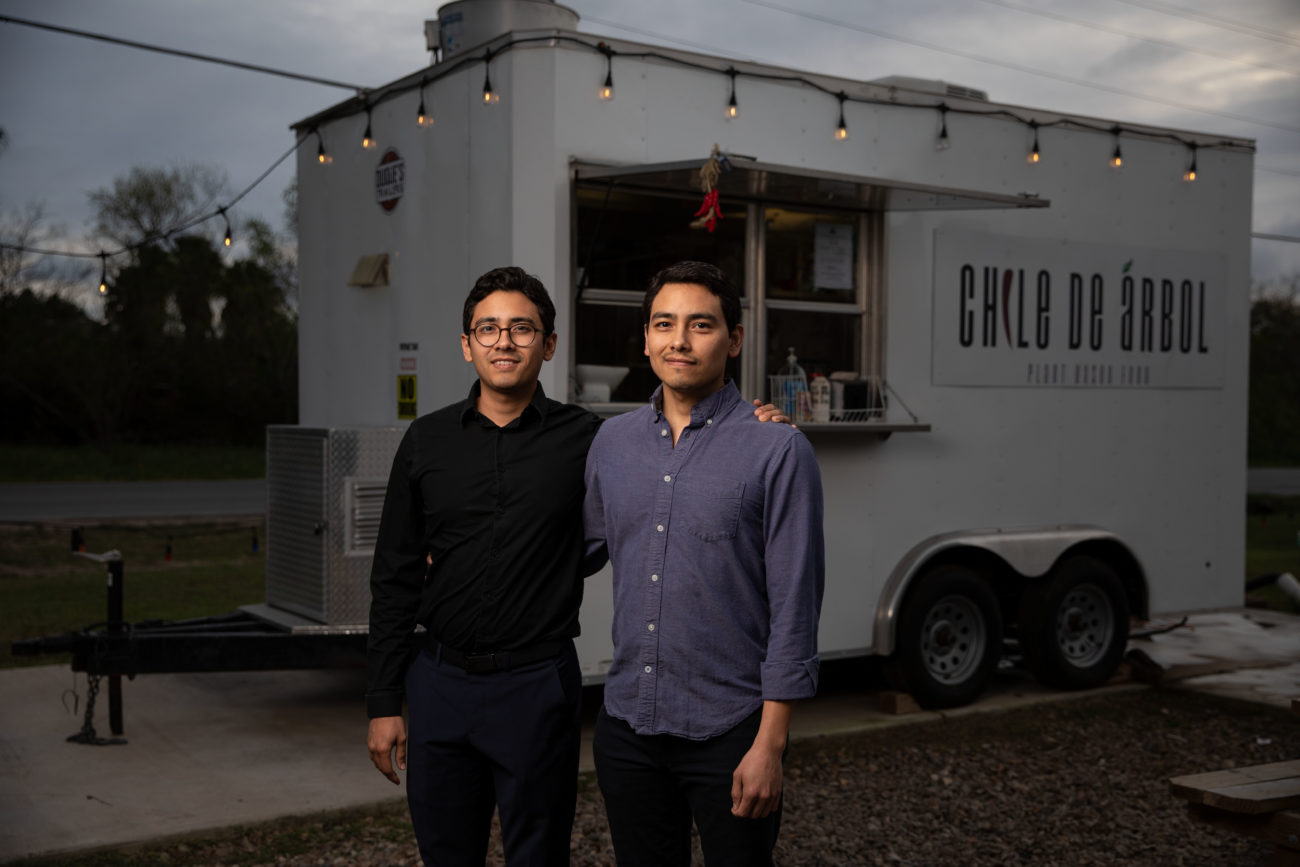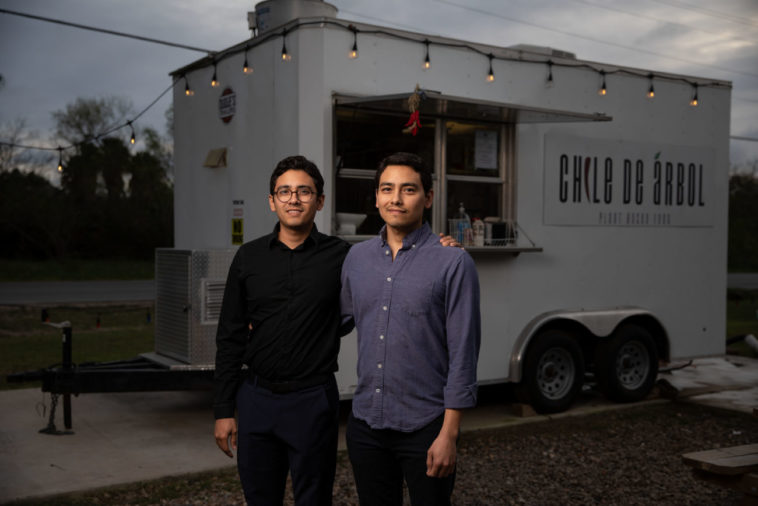Judge strikes down SPI’s food truck rules – Monitor
SOUTH PADRE ISLAND — As a result of a state district judge’s decision, food truck entrepreneurs hoping to operate in this coastal city will have greater chances of doing so.
On Dec. 8, state District Judge Arturo Cisneros Nelson struck down South Padre Island’s food truck permit cap and restaurant permission requirement.
According to a press release from the Institute for Justice (IJ), the district court ruled that the city violated the Texas Constitution when it forced food truck owners to get permission from local restaurant owners before being eligible for a food truck permit, and by making it illegal for more than 12 food trucks to operate on the Island.
Managing Attorney of IJ’s Texas Office Arif Panju stated that this is a victory under the Texas Constitution for entrepreneurs across the state.
“The government cannot pass laws to protect politically connected insiders from competition — operating a small business in the current climate is challenging enough without the government picking winners and losers,” he stated.
South Padre Island’s City Attorney Ricardo Navarro was unavailable on Friday for a request to comment due to being away from the office and working in court.
IJ challenged the city’s restrictions on behalf of SurfVive food truck owner Erica Lerma and the Brownsville-based Chile de Árbol food truck, which is operated by brothers Anubis and Adonai Ramses Avalos.
“SurfVive will finally be able to pursue our goal of providing healthy, sustainable food for our community,” Lerma stated. “This victory also means that other new entrepreneurs can pursue their dreams of opening businesses on South Padre Island without being restricted by laws that serve no purpose other than limiting competition.”
IJ’s press release states that both food trucks were forced to the sidelines and could not operate under the city’s permitting rules.
According to the press release, until 2016, the city banned food trucks from opening for business on the Island.
“When the city finally allowed food truck entrepreneurs in, evidence showed that local restaurant owners lobbied the city council to cap the number of available food truck permits — and also require applicants to first obtain a signature from their brick-and-mortar competitors to qualify for a permit,” the press release states.

History of the case
According to a press release from IJ that was issued on Feb. 28, 2019, SurfVive purchased a food truck in March 2018 to sell smoothies, coffee and vegetable bowls on the Island.
The press release further states that during the business’ first attempt to open, the city informed SurfVive that it had no permits available.
A few months later, after SurfVive learned that a permit became available, the city denied its vending permit because no restaurant owner had signed off on the permit application, the press release stated.
The Avalos brothers decided to open their Chile de Árbol food truck after having difficulty finding affordable and flavorful vegan food options, the press release states.
Their food truck offers vegan dishes, including tacos, burgers and Indian-inspired bowls.
The press release states that the city’s vending laws made it very difficult for the Avalos brothers to expand their business to the Island
Published at Sun, 13 Dec 2020 02:58:40 +0000





Comments
Loading…